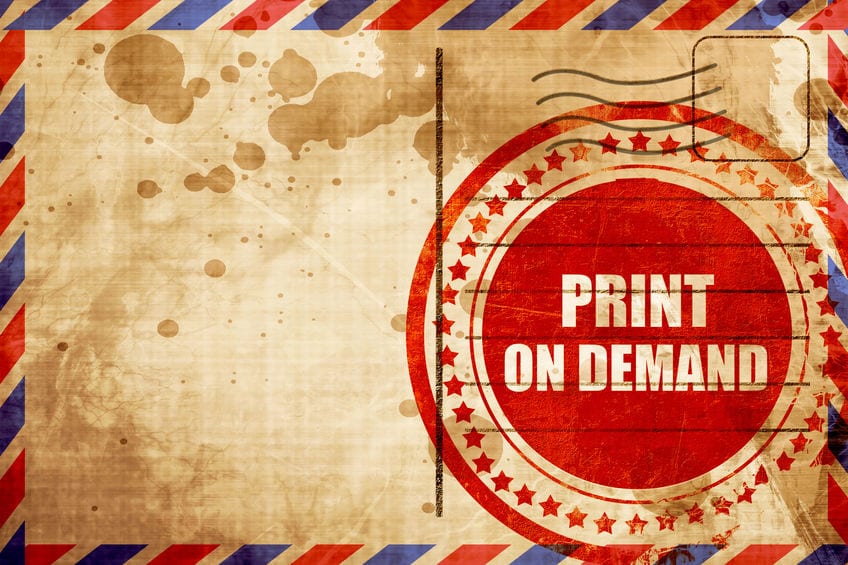Mallory King - February 24, 2020 - Brand Protection, Internet Law

Print on Demand (“POD”) is a term to describe the business of selling custom designs printed on various different types of products, such as t-shirts, hoodies, books, bags, mugs, and phone cases, among many other items. A few online retailers, such as Zazzle, Redbubble, and TeeSpring, may come to mind when thinking of POD companies. While POD websites provide an outlet for individual artists to gain visibility, increase traction, and establish an e-commerce presence online, the Print on Demand model can create serious infringement risks for brand owners.
Many POD websites allow their users to upload and sell their designs without much oversight so as to prevent against trademark and copyright infringement. This not only makes it very easy for infringing products to enter the online marketplace, it is also a strategy employed to insulate POD websites from direct infringement (indeed, RedBubble has escaped liability before). Therefore, it is up to brand owners to monitor and enforce for trademark and/or copyright infringement online so as to take action accordingly.
As Print on Demand becomes more sophisticated, particularly with the introduction of 3D printers, the risk of legitimate goods being counterfeited online through POD websites increases. As one article explains, “3D printing is a game changer, for example, enabling near-exact replication of original items.” Counterfeiting can also create issues when it comes to product labeling and packaging, as well as designs. Print on Demand websites are only gaining in popularity, which means the occurrence of infringement and counterfeiting is going to grow with it.
Have you discovered that your intellectual property is being infringed on a Print on Demand website? There are a few different options to enforce and protect your brand online against POD infringement:
The attorneys at Traverse Legal, PLC specialize in brand protection and are skilled in combating a wide range of intellectual property infringement online. If you need help enforcing your IP rights online against Print on Demand infringement (or any type of online infringement) contact Traverse Legal today.